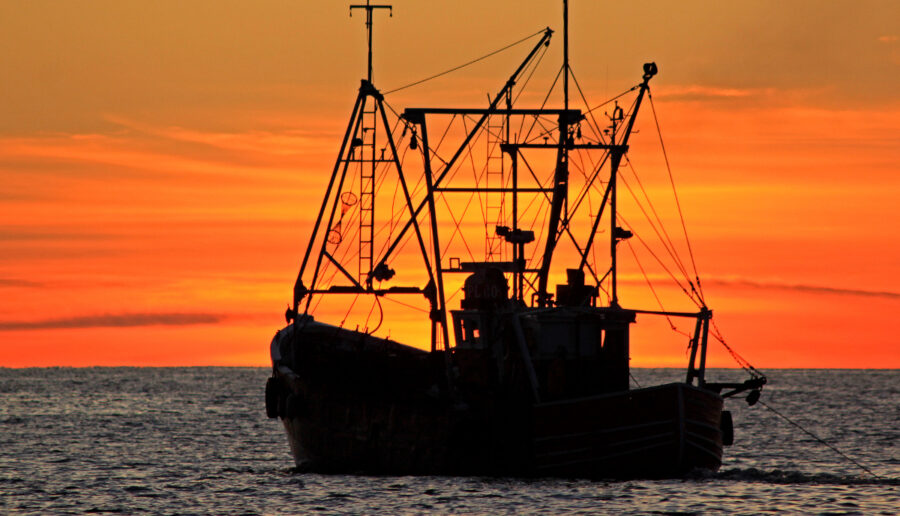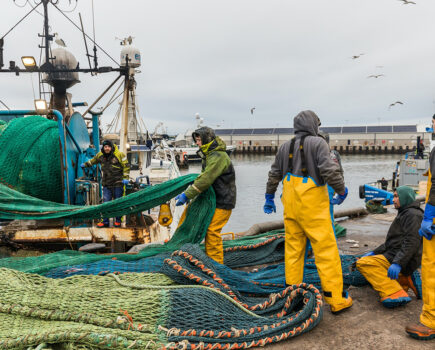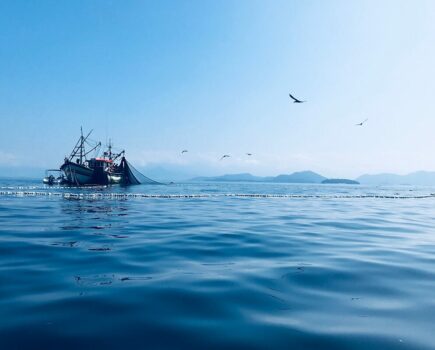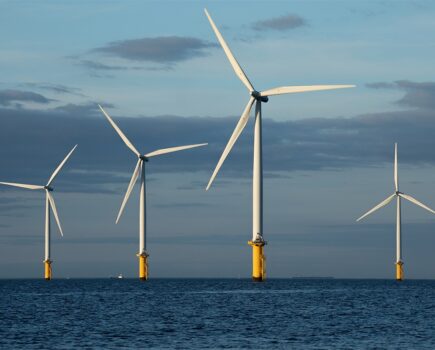Vessel licenses reduced from 156 to 88
New measures to ensure the sustainability of the Isle of Man king scallop fishery, including the introduction of an inshore marine zoning plan, are to be introduced, the Isle of Man government announced last week.
From the start of the 2016 – 2017 season, on 1 November, the number of licences issued by the Department of Environment, Food and Agriculture (DEFA) to fish for king scallops within the island’s seas will be reduced. Eligibility will be determined by vessels’ track record of fishing for king scallops over the past few seasons, with vessels’ size taken into account.
The measure follows a public consultation, conducted by DEFA during the summer. The consultation attracted 84 responses and showed overwhelming support for the introduction of a reduction in the number of licences issued. Explaining the need for the measure, Richard Lole, chief executive officer of the Department of Environment, Food and Agriculture, said: “In recent years, there has been a significant increase in the number of vessels fishing for king scallops in Manx waters and a corresponding increase in the catch.
“In 2015-2016, 4,500 tonnes of king scallops were landed in the island, worth £4m at the quayside.
“At the same time, indications are that stock is under increasing pressure, prompting concerns over the sustainability of this valuable fishery.
“The new measures will protect those vessels that can demonstrate a historic interest and dependence on the fishery, while safeguarding the fishery in the long term.”
At the same time, the first stages of a new inshore marine zoning plan will also be introduced by DEFA. This follows a separate public consultation carried out in the spring. The area between the shore and three miles out to sea is home to important species. It accommodates many recreational/leisure activities as well commercial fishing, particularly ‘pot’ fisheries for crab and lobster.
In order to better balance these diverse interests, five new inshore conservation zones will be established around the coastline, where commercial dredge and trawl fishing will be prohibited, but potting and recreational fishing can continue.
Outside the new zones, dredge and trawl fishing can continue within three miles of the shoreline but with additional access restrictions – again based largely on past effort and landings.
The new zoning proposal has been developed in close liaison with fisheries and conservation interests, and reflects the strong local support for a healthy and balanced inshore marine environment.
The island’s territorial sea extends for 22km (or 12nm) and covers some 4,000km2 in area. Through its Future Fisheries, Managing our Natural Wealth, and Food Matters strategies, DEFA is aiming to ensure that the economically-important fishing industry, and the marine environment that supports it, are protected for the long term.








